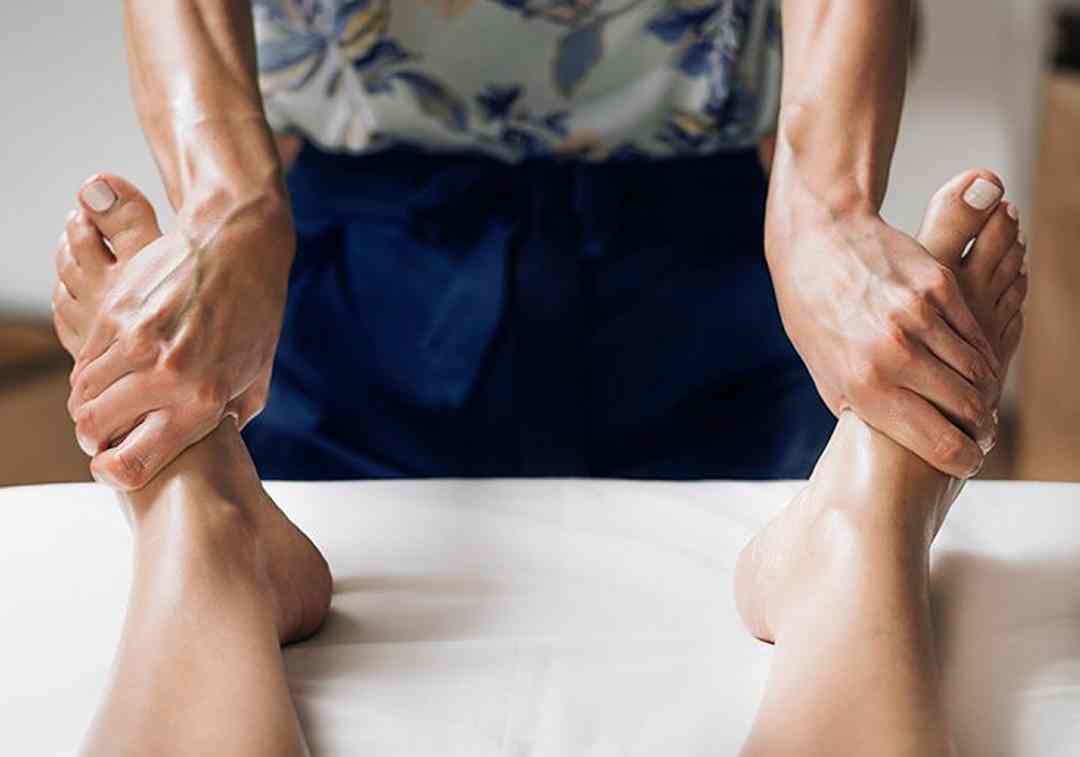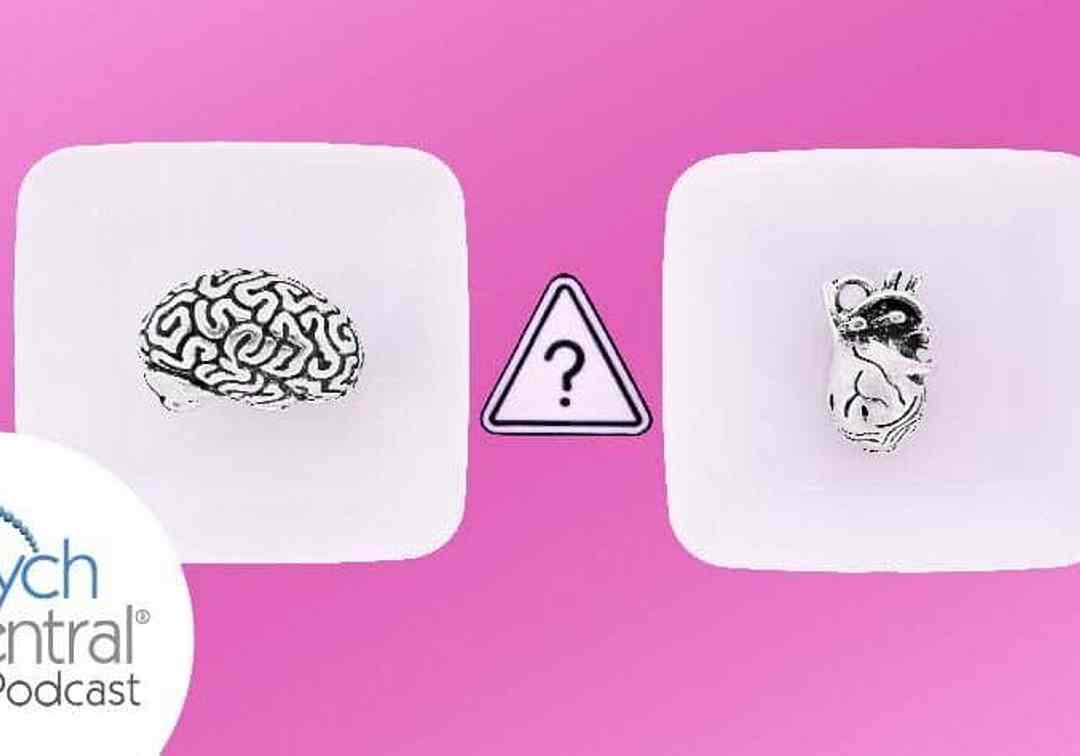The comedic mantra “deal with yo’self” could come to thoughts, however self-care isn’t heedless splurging. Analysis exhibits that self-care enhances your well being, choices, and day-to-day actions.
If self-care isn’t overspending sprees or pamper days, what’s it?
What it’s
Over the previous few many years, there have been quite a few makes an attempt to outline self-care.
The
World Well being Group (WHO)
defines self-care as:
“The flexibility of people, households and communities to advertise well being, stop illness, preserve well being, and to deal with sickness and incapacity with or with out the assist of a healthcare supplier.”
People of each stage and age are attempting their hand at combining Western remedy administration with Japanese drugs prevention and various drugs, together with a wholesome dose of monetary funding in themselves and protecting measures for psychological soundness.
The
WHO asserts
that self-care entails private elements like empowerment, self-reliance, autonomy, self-efficacy, and private duty.
However self-care also can embrace elements from a communal standpoint, like neighborhood involvement, neighborhood participation, and cultural empowerment.
Emotional
The centerpiece of self-care is the promotion of well being and well-being. Emotional self-care is centered round guaranteeing your emotional wants are met and guarded.
In a small
2014 research
of self-care amongst palliative care nurses and docs, some efficient methods for emotional self-care they practiced included:
- yoga
- therapeutic massage
- taking a sizzling soak
- socializing
- sustaining constructive relationships
However emotional care additionally means taking time for valued actions significant to you. The significance of slotting time to pursue, develop, or simply dabble with a interest or pastime is usually undervalued or dismissed as a waste of time.
What makes it interesting to your preferences can also be what makes it grounding for you when life difficulties loom massive. Your interest is likely to be lively or passive leisure together with however not restricted to:
- crafts
- crochet
- puzzles
- tinkering with mechanical pursuits
- studying about journey locations
- upscaling furnishings
- making jewellery
- enjoying or tuning a guitar
- indoor bouldering
Bodily
Bodily self-care is a broad time period that may discuss with a variety of practices. It could possibly embrace primary each day life actions that, throughout a psychological or bodily well being episode, we have a tendency to not comply with by way of on. These can embrace:
- washing up and placing on recent garments
- skincare
- dental hygiene
The
WHO
notes that self-care can embrace quite a lot of duties that may assist stop illnesses and illness. Self-medication and in search of care from docs or different well being professionals when vital are examples of bodily self-care which will assist stop sickness.
Different features of bodily self-care embrace:
- consuming a nutritious and balanced weight-reduction plan
- getting common train
- following on a regular basis well being practices to scale back your danger of illness, akin to:
- getting vaccinated
- utilizing barrier strategies throughout intercourse
- carrying sunscreen
- avoiding smoking and heavy alcohol consumption
Religious
Religious self-care entails plenty of practices centered on connecting together with your internal being, which can help individuals of their private improvement, sense of peace, and basis to fall again on.
Religious self-care entails guaranteeing your religious wants are met. Doable methods for religious self-care embrace:
- meditation
- visiting locations of worship
- studying from religious or non secular texts
- prayer
- neighborhood involvement
- in search of peace and discovering pleasure
What self-care isn’t
Self-care shouldn’t be considered as one thing you solely do in case you have time. Neither is self-care one thing that ought to solely be a reward that may be gained as soon as different duties are accomplished.
Self-care, if practiced appropriately, must be an integral a part of your each day life. Fortifying your emotional, bodily, and religious well being by way of self-care is the inspiration on your general well being and well-being.
A
2009 analysis article
notes that self-care isn’t an indulgence. Reasonably, it’s an integral part of prevention for misery, burnout, and impairment. Self-care shouldn’t be thought of as one thing “further” or “good to do in case you have the time.”
Self-care isn’t egocentric; it isn’t a waste of time.
Pointers to begin training self-care
Getting began with self-care may be overwhelming. It may be tough to know what strategies of self-care will finest profit you, or what areas of your life you need to deal with.
You could possibly begin by writing.
Many research, like this one from 2017, analyze and interpret the worth of taking pen to pad for psychological well being. Writing your ideas, research authors conclude, can:
- function a therapeutic device for perspective into your self and others
- be a healthful interest
- be a conduit for private and well being enchancment
Cheryl Richardson is the creator of “The Artwork of Excessive Self-Care: Rework Your Life One Month at a Time.” She advises that the easiest way to start your self-care follow is to establish the place you’re feeling most disadvantaged in your life.
Richardson suggests asking your self the next questions:
- The place do I really feel disadvantaged?
- What do I would like extra of proper now?
- What do I would like much less of?
- What do I need proper now?
- What am I craving for?
- Who or what’s inflicting me to really feel resentful, and why?
- What am I ravenous for?
Richardson suggests you be particular in your responses. Reasonably than write that you just really feel such as you don’t have time to your self, you would possibly as a substitute write that you just really feel disadvantaged of uninterrupted alone time away from your loved ones. Having this time would allow you to do one thing only for you, like store for your self, learn a e book, or meet up with a pal.
Being particular will show you how to establish what you’re missing and what you want.
Richardson additionally suggests making a “No Checklist.” Understanding what you don’t wish to do, she affirms, is simply as necessary as figuring out what you do wish to do. Examples which may go on the No Checklist embrace:
- not gossiping
- not dashing
- not holding on to stuff you don’t love or want
The No Checklist makes it clear what you refuse to take care of in your life. Having such a listing may help you’re feeling protected and secure, and go away you free to interact in self-care.
When to slot in self-care
There’s no secret components for one of the best time of day for self-care. Probably the most constant suggestions are to try to find time for self-care across the similar interval every day to construct the behavior.
A 2020 research on prescription remedy habits and adherence could lend some perception to incorporating your self-care behavior. The research discovered that extra individuals had been accustomed to a set of actions to begin their days (no matter time that was for every particular person).
Including one other behavior to that morning routine was simpler than implementing a behavior in a while within the day.
For self-care like mindfulness, reflection, and journaling, this end-of-day time (no matter that’s for you) will be the superb stage to choose out of your custom-made self-care arsenal to offer your self consideration, with out it being one other structured “to do.”
For those who’re a caregiver to a toddler, maybe noon, when the youngsters are in school, is a perfect time to pen in moments to are inclined to your self.
As a nation, it appears the COVID-19 pandemic was a wake-up name to begin prioritizing our particular person well-being.
A June 2020 Harris Ballot, performed on behalf of Samueli Integrative Well being Applications, discovered that 80% of U.S. adults mentioned they are going to be extra intentional about training self-care regularly as soon as the pandemic is over.
The identical ballot discovered that:
- 46% mentioned they’d been having issue sustaining their bodily, psychological, and religious well being because of the pandemic
- 30% mentioned they’ve an absence of power
- 29% reported having hassle sleeping
- 29% mentioned they exercised much less
- 64% mentioned they’re extra aware of their psychological well being than ever earlier than
- 44% mentioned they wished they’d extra assist or steering on methods to follow self-care
In contrast with earlier than the pandemic, the survey discovered that some individuals have been training extra actions for self-care:
- 35% are participating in additional inventive pursuits
- 31% are praying extra
- 31% are having extra significant conversations with household or associates
- 25% mentioned they’re spending extra time outdoor or consuming extra wholesome meals
Let’s recap
Self-care can take many kinds, akin to bodily, religious, and emotional self-care. It’s an necessary consider sustaining well being and well-being.
Self-care would possibly vary from a sizzling soak and yoga to on a regular basis actions like making ready meals you wish to eat or dressing in your alternative of favor.
Self-care isn’t an indulgence. The WHO acknowledges it as a vital facet of well being upkeep.
Tailoring self-care on your price range, season in life, and private wants for complete physique wellness, in and out, may be energizing and thrilling in itself.



